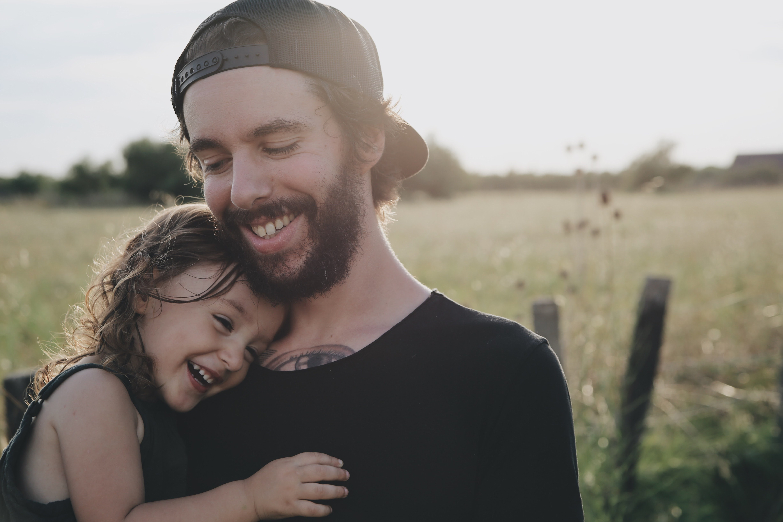Jay's* Story: When furlough ended, we started sinking
Jay was furloughed at the start of the pandemic – but it was when he returned to work that his financial problems really started.

Until March last year, Jay had a good job in events. The pay wasn’t fabulous, the hours were long – but he loved it, he was good at it, and he earned enough to keep his family – his wife Emily and their three-year-old daughter Ella.
When the government announced that, with rising Covid infections, there would be a national lockdown and the hospitality sector would effectively be closed, Jay couldn’t believe it. He was put on furlough payments, which he was able to top up with Universal Credit. With a few cutbacks, the family was able to get by. Jay wryly observes that relationships did become a bit strained – it’s hard to adjust to being at home 24 hours a day instead of out working 18 hours a day, and just as hard for your family to adjust to you being home all the time. Anyway, they survived – although Jay admits he was counting down the days to the restrictions being lifted this May and the hospitality and events sector finally opening up again.
And that’s where everything took a downward turn – when Jay returned to work.
His employers cut his hours – they couldn’t justify employing him full time anymore, they said. Not only that, but they also cut his wages by £3.50 an hour, to the minimum wage of £8.20 an hour. Suddenly the family found themselves considerably worse off than they had been during furlough.
The food ran out first. A friend put the family in touch with REACH and we gave them food boxes. We’ve also helped them with grants for a bed and clothing for their daughter, petrol for his car so Jay can get to work, and to pay off utility bill debts. We’ve helped them revisit and rethink their budget too, and we’re investigating what benefits they might qualify for but haven’t yet claimed.
It's not sustainable – but hopefully, it doesn’t need to be. Jay is looking for other better paid work with longer hours (although there’s little around in a sector that’s been so badly hit). Things will, they hope, get a bit better once Ella starts school in September as it will give Emily the opportunity to also look for work.
Meantime, help from REACH through supporters like you means Jay and his family can keep their heads above water. They have a budget they can live with short term and can see the light in what has been a very long and dark tunnel.
*identifying details changed to protect client family